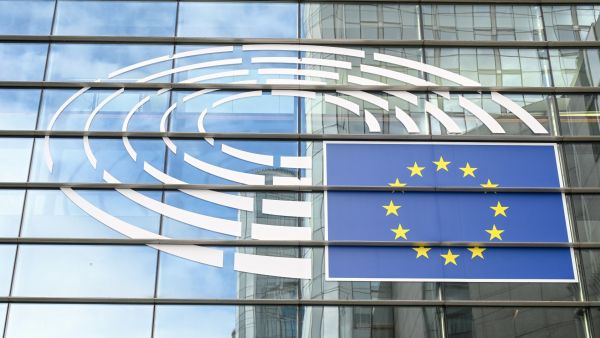On 24 May, the European Commission is set to propose an EU Retail Investment Strategy. This would be a good opportunity to ensure that financial markets work for the people. However, speaking at the Eurofi conference today, European Commissioner for Financial Services, Mairead McGuinness made it clear that the Retail Investment Strategy will not include a proposal for a full ban on the payment of inducements to financial advisers.
The outlined ideas from the European Commission do acknowledge that there is a serious problem due to biased financial advice in the EU, but do not include a full inducement ban, while leaving open the door for this to still be implemented at a later stage through a review clause. This would be a lost opportunity, regret the Socialists and Democrats, who continue to call for the implementation of an immediate full ban on the current system of biased commissions for financial advisers, as already implemented in the UK and the Netherlands.
Biljana Borzan, MEP and S&D vice-president for economic matters, said:
“For the Socialists and Democrats, the Commission’s good intentions are not enough. The Group insists on a full ban on inducements as the only way to protect EU consumers when receiving investment advice. We urge the Commission to rethink its approach and propose a full and immediate ban when it presents its final Retail Investment Strategy in May.”
Eero Heinäluoma, MEP and S&D negotiator on the EU legislation on markets in financial instruments, said:
“Inducement payments distort the financial advice that is delivered to consumers, with higher-cost products recommended by financial advisers for the higher commission payments they generate. The way forward as presented by the Commission today will not solve the fundamental problem and risks only kicking the can further down the road.
“Biased payments for financial advisers must be urgently banned and replaced with a transparent and upfront fee-based advice model. In countries where inducements have been banned, such as the UK or the Netherlands, the level of trust in financial advisers has improved and consumers have access to more diverse and low-cost investment products, delivering better value for money for ordinary retail investors.”
Notes to editors:
Today, inducement-based financial advice is the most common way investment products are sold to consumers in most European countries. Fund managers and insurers pay ‘commissions’ to financial advisers for recommending their products to clients, which can often lead to conflicted financial advice. In the Netherlands and the United Kingdom, financial advisers are prohibited from accepting inducements when giving investment advice, and are required by law to charge an up-front and transparent fee to consumers when giving investment advice.
Studies show that financial advisers often recommend higher-cost investment products to consumers for the higher commission payments they receive. For instance, a 2022 study found that financial products sold with inducements were, on average, 25% more expensive than those without such fees. One of the latest studies also shows that households in countries with the inducement ban can have close to double the amount of wealth compared to households in countries without a ban after 40 years.
Civil society organisations, including BEUC and BETTER FINANCE, have long advocated for an EU-wide implementation of an inducement ban.












